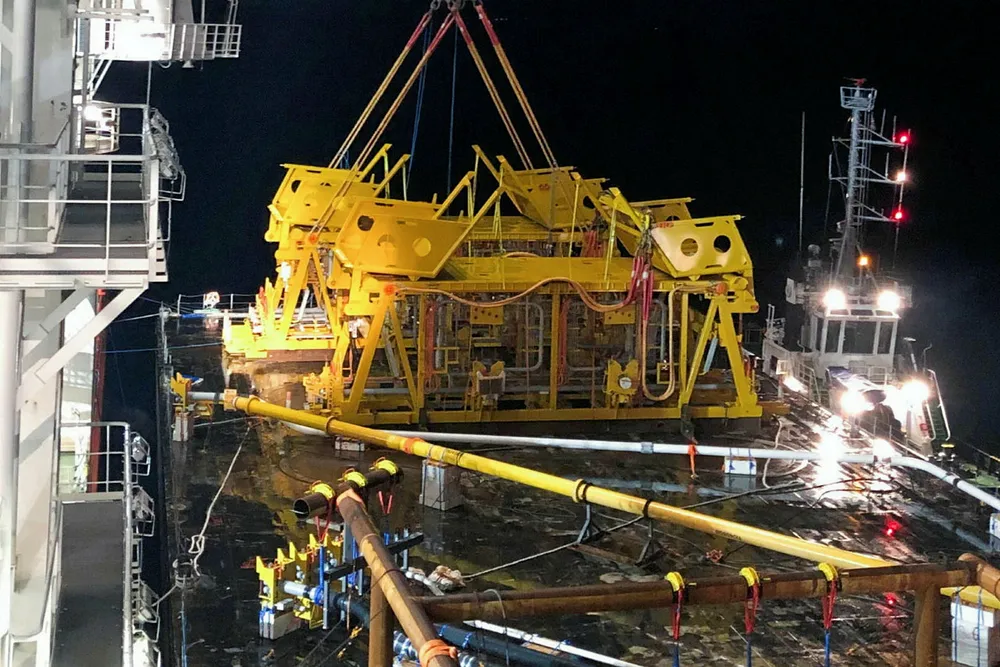Wintershall Dea completes subsea installation work at key Norway tie-back scheme
Installation of manifolds and spools completed early for Wintershall Dea at North Sea field as development drilling gains safety consent

Installation of manifolds and spools completed early for Wintershall Dea at North Sea field as development drilling gains safety consent
